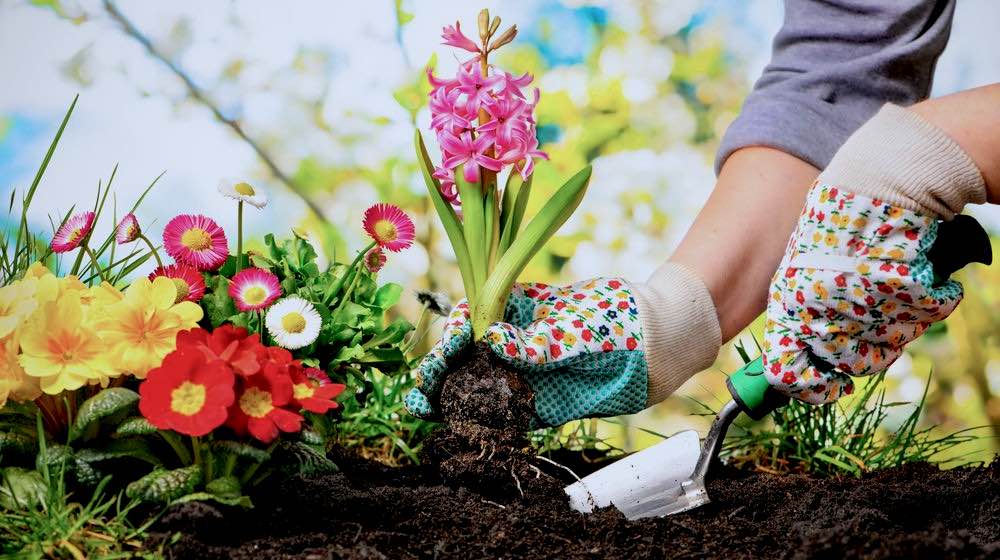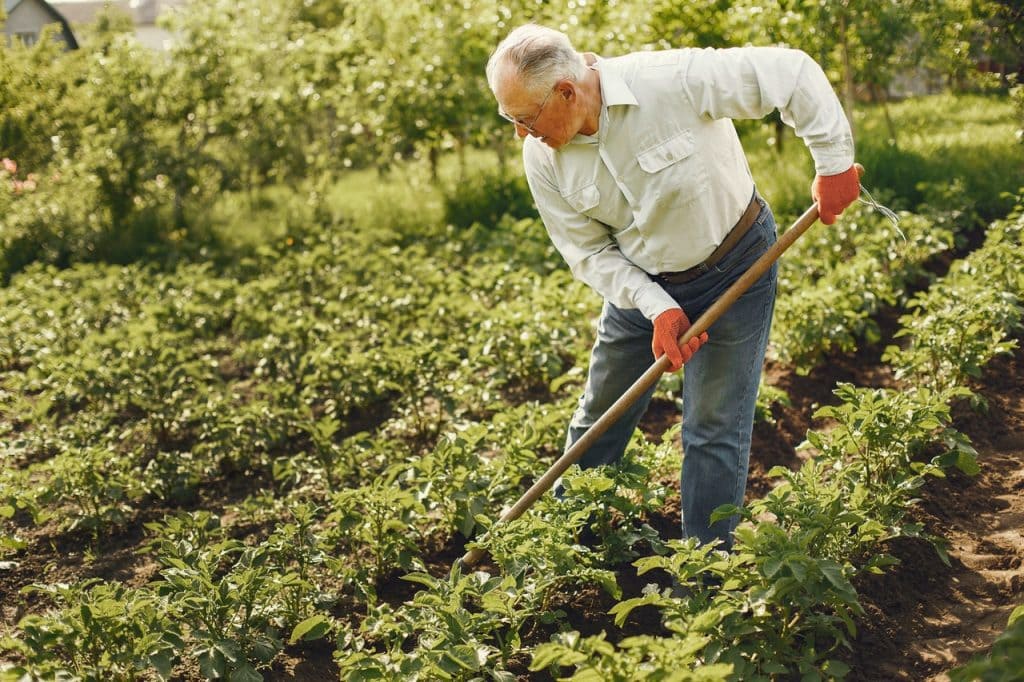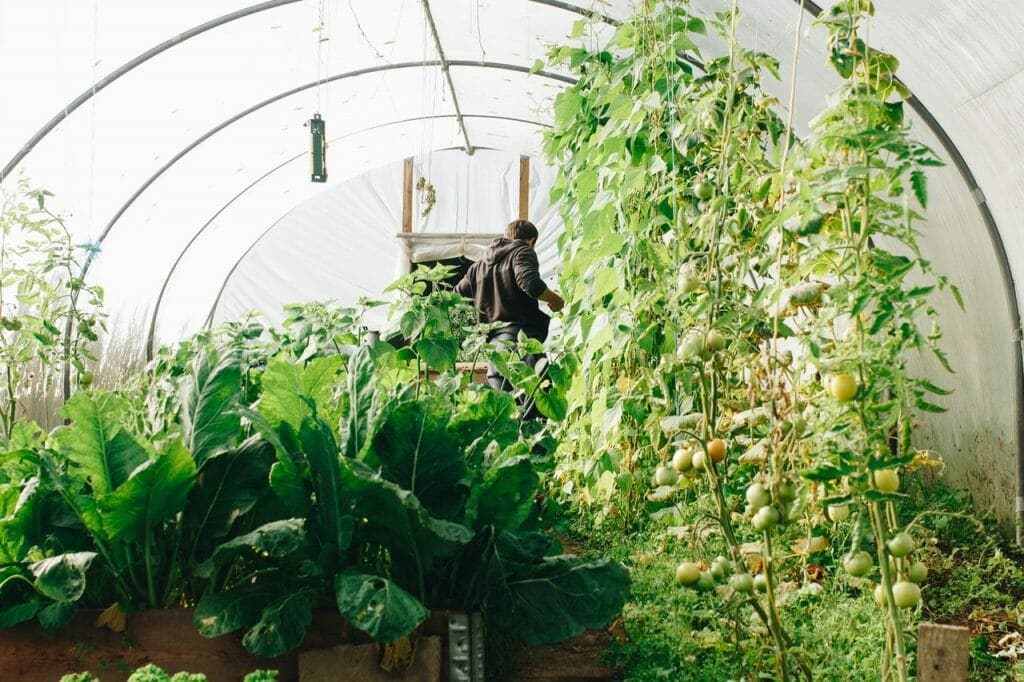Gardening requires patience. It may take a long time for the plants to sprout or the weather to change. But having patience can make you more efficient in the long run. You can also be patient with others, especially if you’re gardening with others. These are some of the important skills you can learn from gardening.
What can we learn from gardening?
Gardening has a number of life lessons. For one thing, it teaches us perspective and optimism in spite of the fact that the outcome of our efforts is not always guaranteed. It can help us deal with dilemmas and failure, which is an essential part of life. There is also a sense of giving and moderation in gardening. It is also a form of meditation, since it allows us to get in touch with nature and learn about ourselves.
Gardening is also a wonderful teaching opportunity, enabling children to learn about the world around them. Gardening helps children understand their role in nature, and it is important that they understand the value of taking care of their environment. It also helps them learn the importance of responsibility, teamwork, and respect for nature. In fact, research shows that students’ performance on tests and other measures improve when they are involved in gardening.
Gardening can also build our faith. Gardening is a rewarding hobby because it requires constant attention. Even though you may not feel like watering your plants every day, you’ll be reminded that it is important. You’ll know that it will be worth it when the harvest comes.
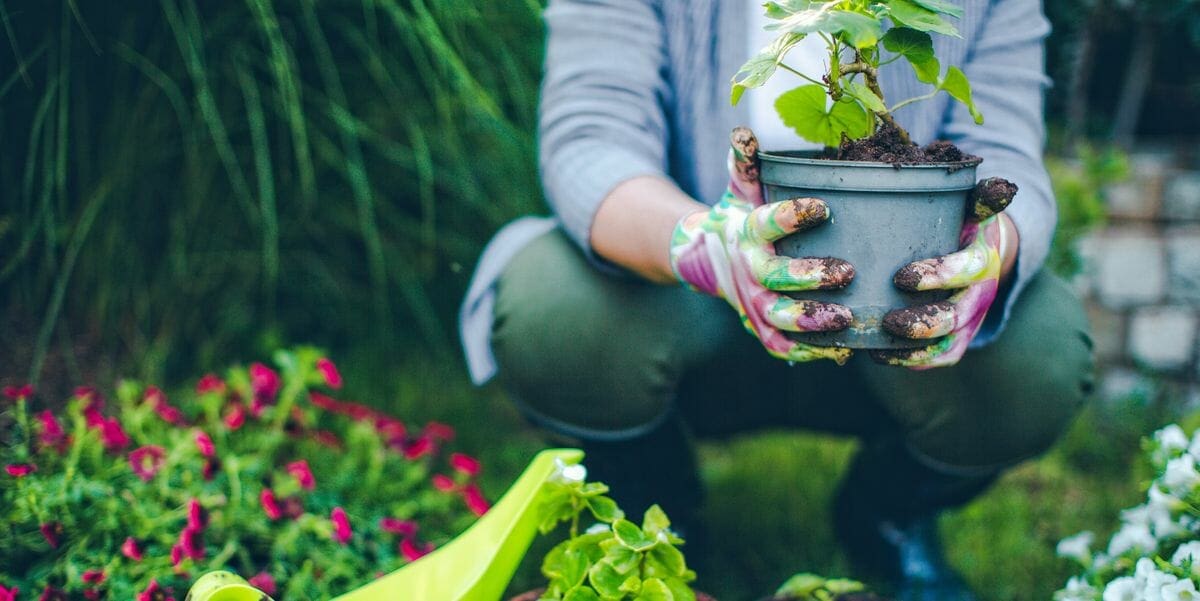
What are the benefits of doing gardening?
Gardening is a great way to get physical exercise and stay in shape. It also helps with maintaining your hand strength and fine motor skills. You’ll be holding large rakes, pinching tiny seeds, and propagating plants, all of which will keep your joints and muscles healthy. In addition, certain gardening activities can reduce inflammation in arthritis sufferers’ hands.
The NHS says gardening is an essential form of exercise. It helps keep your weight in check, keeps your blood pressure at normal levels, and can even improve your mood. Plus, gardening can help prevent osteoporosis, a disease that weakens the bones. It’s a common problem in older people, but it affects more women than men.
Another benefit is lowering your risk of heart disease and stroke. Regular gardening helps you lower your blood pressure without taking medication, and it can lower your stress levels as well. In addition to that, gardening is a great way to get the heart pumping without overexertion. According to Science Daily, people who garden are 30 percent less likely to have a heart attack than non-gardeners.
Gardening has many therapeutic benefits, including improved immune system, increased awareness of the natural world, and an overall feeling of well-being. Gardening also improves the health of the heart and brain, reducing the risk of stroke and Alzheimer’s. Gardening is also a great way to improve your mental health and boost your self-esteem.

What skills are needed to be a gardener?
There are many skills that are required to be a good gardener. Not only must you be able to maintain the outdoor space, but you also need to be able to manage a team. As a gardener, you will need to know how to work well in a team, manage resources, and deal with customer complaints. In addition, you will need to know how to manage time and make sure that everyone is happy in the team.
A good gardener needs excellent observation skills, as they need to know how to spot subtle signs of plant health. Gardeners also need to be willing to learn new skills, such as bookkeeping, which keeps them up-to-date with industry guidelines. Moreover, they must be strong physically as gardening requires manual labour and requires a lot of upper body strength and stamina.
Gardening is an excellent way to spend time with your family and learn how to take care of plants. You’ll need to be able to identify weeds and cut them down. Weeds compete with healthy plants for water and nutrients, so it’s important to remove them before they cause harm to the garden. Other tasks that a gardener may have to do include mowing lawns and trimming bushes.
Why is it important to learn about gardening?
Learning how to garden is a good way to get in shape. This hobby can help you reduce stress. Gardening can also help you build strength in your whole body, which is vital for healthy living. Children can also benefit from gardening as it involves heavy work, which helps them to stay focused and calm.
Kids can learn about science and the environment while tending a garden. It also helps them learn to manage their emotions. Kids who spend time in nature are happier, according to studies. Lastly, children can learn about the importance of eating healthy foods. It can also help children develop their self-confidence, which is important for healthy development.
Learning about gardening also helps children develop their literacy and numeracy skills. Children can practice counting and measuring in the garden, and they can learn about plants’ shapes and colours. They can also learn about plants’ names. This helps them learn to identify weeds. They can also develop their social skills by engaging with other gardeners and talking to them.
In addition to teaching children about nature, gardening can also help kids learn valuable life lessons such as patience and self-confidence. Children will enjoy working with their hands, so they will develop their hand-eye coordination skills and physical strength. This can lead to better academic success. Besides teaching children how to garden, gardening can also give them a new appreciation for eating vegetables.
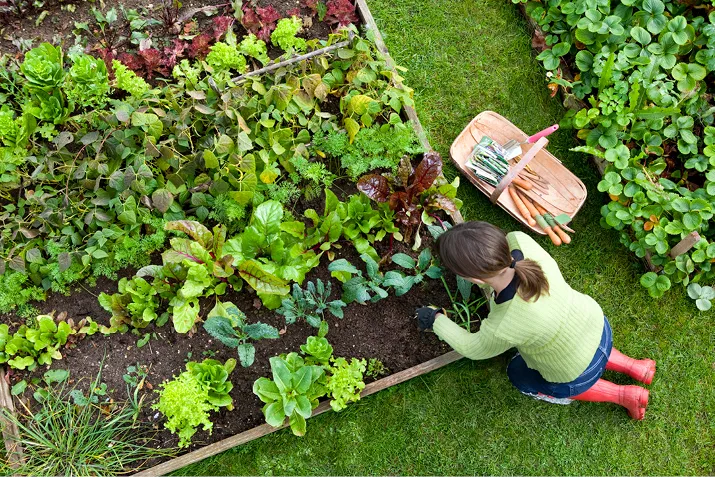
What specific skills does growing a garden
Growing a garden with your children is a great way to strengthen bonds and teach them new skills. It also promotes healthy habits by teaching children about nature and science. It involves lots of fun activities such as planting seeds, mulching, and weeding. Children will also learn about their own abilities and interests.
Children will also practice locomotor skills, object control, and body management. The task of gardening involves the use of large muscles, such as the legs and arms. In addition, kids will use fine motor skills to use tools like trowels and pick up tiny seeds. The act of gardening also promotes physical activity, so it’s a great way to stay healthy and get lots of exercise.
Kids love working in the garden, and it allows them to explore life’s many skills. Working in the garden with your children also teaches them about healthy diets. Children are naturally curious about the world, and gardening is a great way to feed those curious minds. Growing food is also fun for children, as they can get a firsthand look at the results of their labor.
How do I put gardening on my resume?
There are several ways to include your gardening skills on your resume. First, make sure your resume is concise. It should be no more than one page long, and recruiters will skim your CV in about six seconds. You should also avoid using generic CV templates. Instead, create a resume tailored to your experience, qualifications, and achievements. Include your professional and personal details, including your name, general location, and a professional-sounding email address. You can also reference a sample gardener CV to help you write an effective document.
In order to make your resume stand out, make sure you highlight your gardening skills. Most job listings for Gardeners include a list of skills. Highlight your experience by using common gardening keywords. You should also make sure to highlight your technical skills. This field requires specific tools and technology, so you’ll want to make sure you know how to use them.
Another way to highlight your gardening skills is to include your education. You should list your education and training after experience. For example, if you have a Ph.D. in Neuroscience, you can also include that on your resume. Similarly, if you have a Bachelor’s degree or an Associate’s degree, you can list those. You can also list any internship experience that you have. If you have the necessary skills, your resume can be very impressive.

